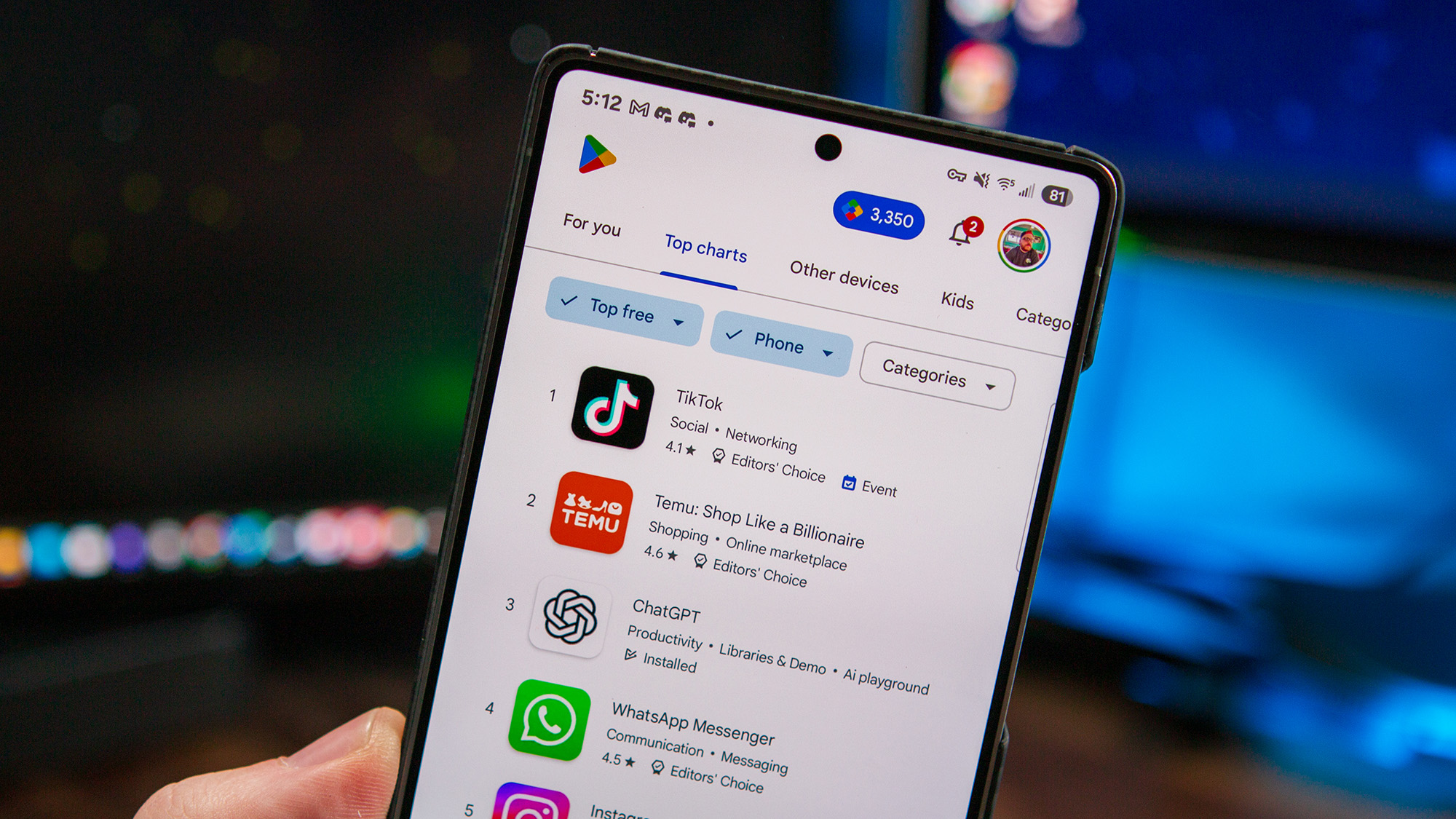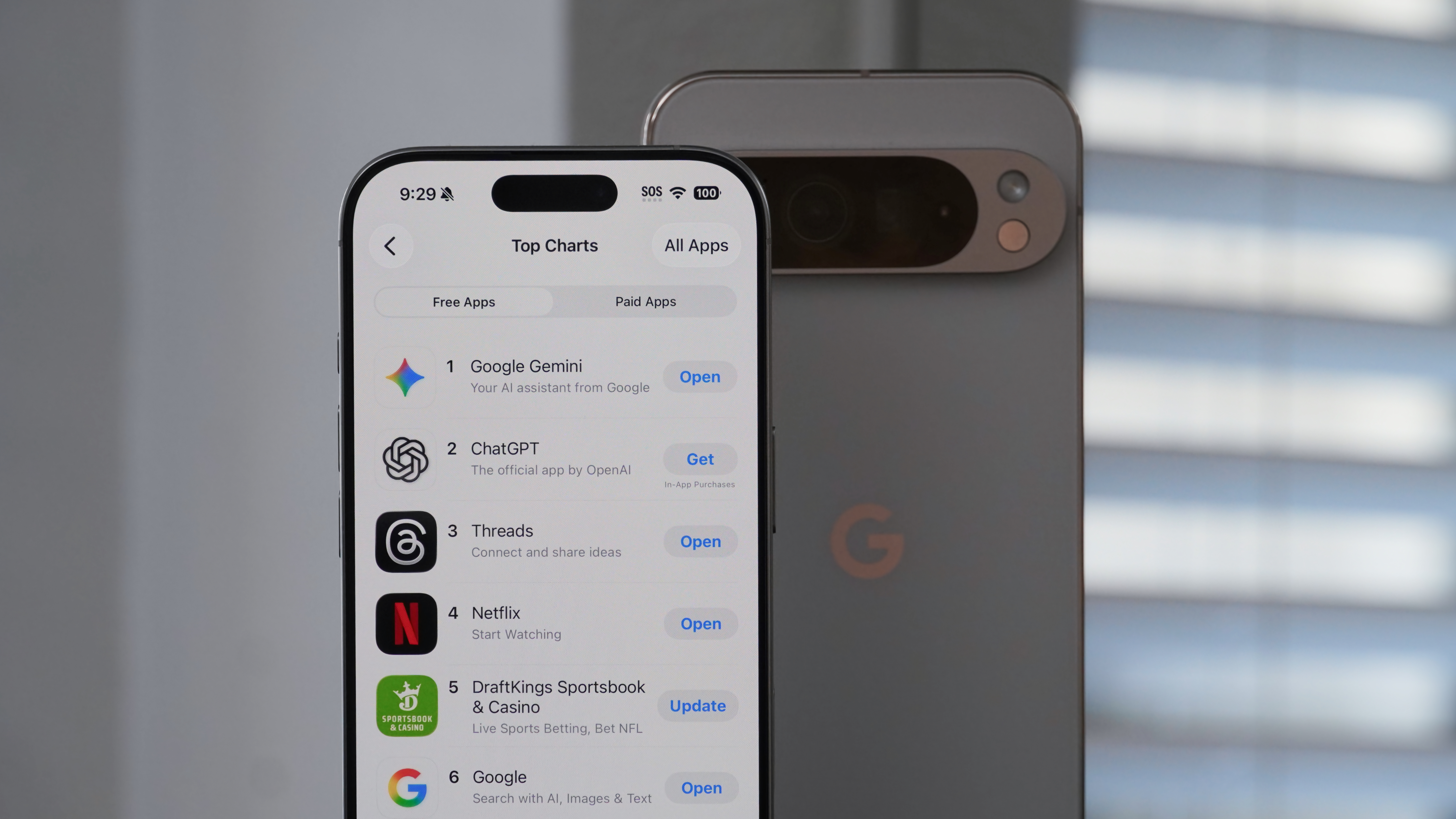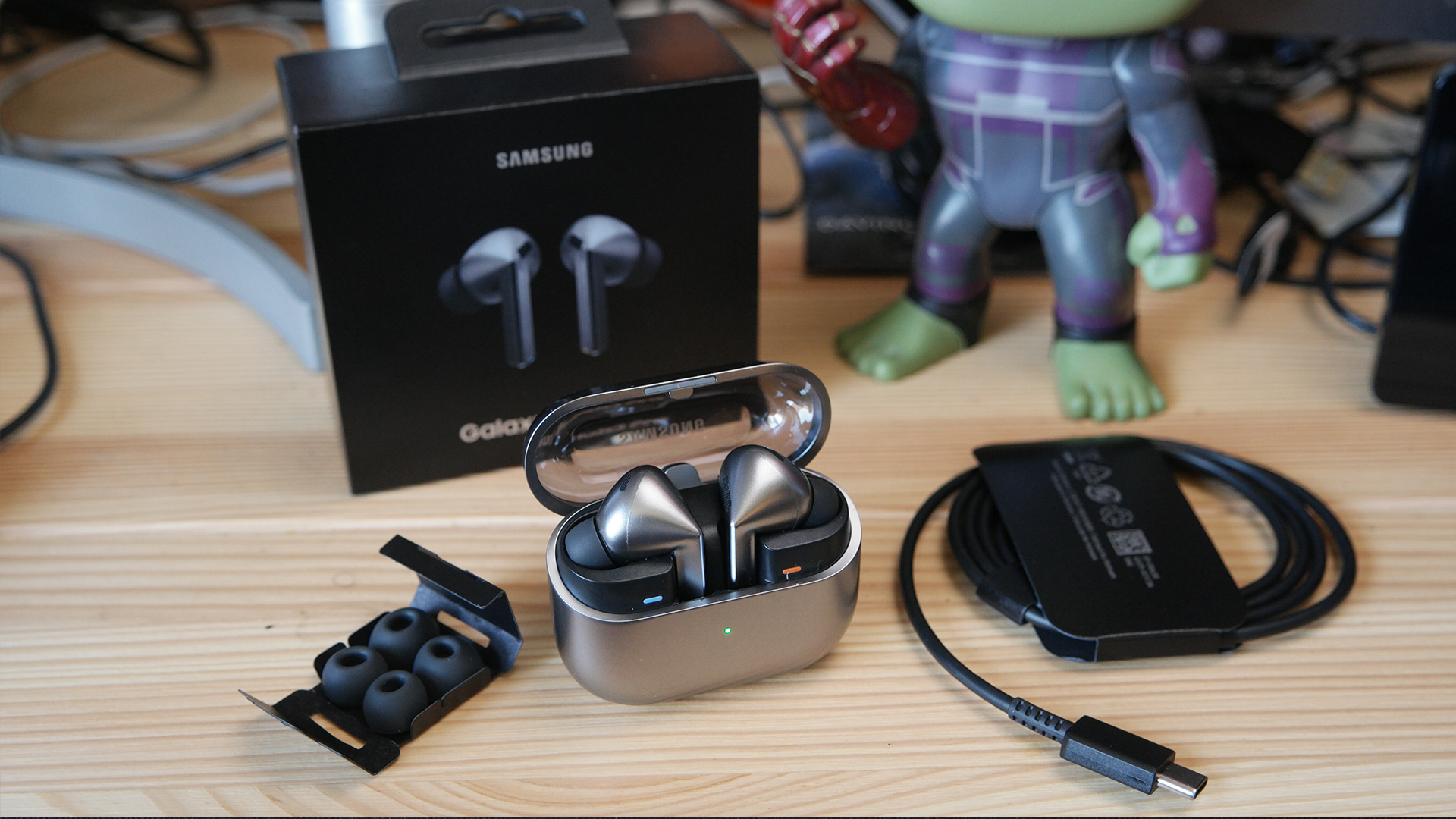Experts predict AI may disrupt the App ecosystem, and this might be a good thing
Changing your app experience forever.

What you need to know
- Generative AI will redefine how apps work together on smartphones.
- Strategic partnerships between AI platforms and service providers will emerge over the next five years.
- Businesses leveraging AI effectively will thrive while resisting companies face challenges.
Enjoy our content? Make sure to set Android Central as a preferred source in Google Search, and find out why you should so that you can stay up-to-date on the latest news, reviews, features, and more.
As tech companies continue to experiment with generative AI, they will also explore additional ways to integrate it into their future devices. This means that AI will become the primary feature on a phone, pulling information from apps to give users a more intuitive and personalized experience.
Much like how you can ask Gemini to summarize the recent emails from your manager about the 'Q4 marketing campaign' and add a task to your to-do list to draft a follow-up presentation for next week, Gemini will pretty much accomplish these tasks without much of your intervention. But this is still Gemini interacting with Google's apps. Now imagine if it could do the same with the rest of the apps on your phone?
In the future, AI will essentially function as the brain of your phone, with apps serving as its neurons, all working together to help you accomplish tasks. For instance, you could say, "Hey Google, could you plan my dinner for tonight, send me a shopping list of ingredients, and then book an Uber for 5 pm so I can get supplies right after my Pilates class?" and then simply observe as everything falls into place.
IDC experts told Android Central in an exclusive report that the existing App ecosystem will be forced to adapt. But if these models do change, how will AI determine which specific app to use for a given task? For example, if apps like Expedia or Airbnb are not installed, will the AI prioritize an app based on user history, performance, or a paid partnership? Here's what could likely happen.
"Strategic partnerships between service providers, phone makers, and AI platforms are likely to be formed, and we can expect this kind of integration to become more common over the next five years as AI matures and becomes ubiquitous across devices," IDC notes.

App developers and companies may not like the idea of losing autonomy over their products. "Many will resist handing over control to AI platforms, fearing the loss of direct engagement and brand identity, and will try to maintain their own ecosystems and monetization strategies over the next few years," the firm added.
Ultimately, businesses that effectively use AI will thrive because people these days want things to happen quickly and on the go. And those who resist this change might be caught in an uphill battle. This switch in the overall business model could also let AI act as a filter, and could potentially change the need for users to interact with these apps directly.
Get the latest news from Android Central, your trusted companion in the world of Android

Nandika Ravi is an Editor for Android Central. Based in Toronto, after rocking the news scene as a Multimedia Reporter and Editor at Rogers Sports and Media, she now brings her expertise into the Tech ecosystem. When not breaking tech news, you can catch her sipping coffee at cozy cafes, exploring new trails with her boxer dog, or leveling up in the gaming universe.
You must confirm your public display name before commenting
Please logout and then login again, you will then be prompted to enter your display name.

